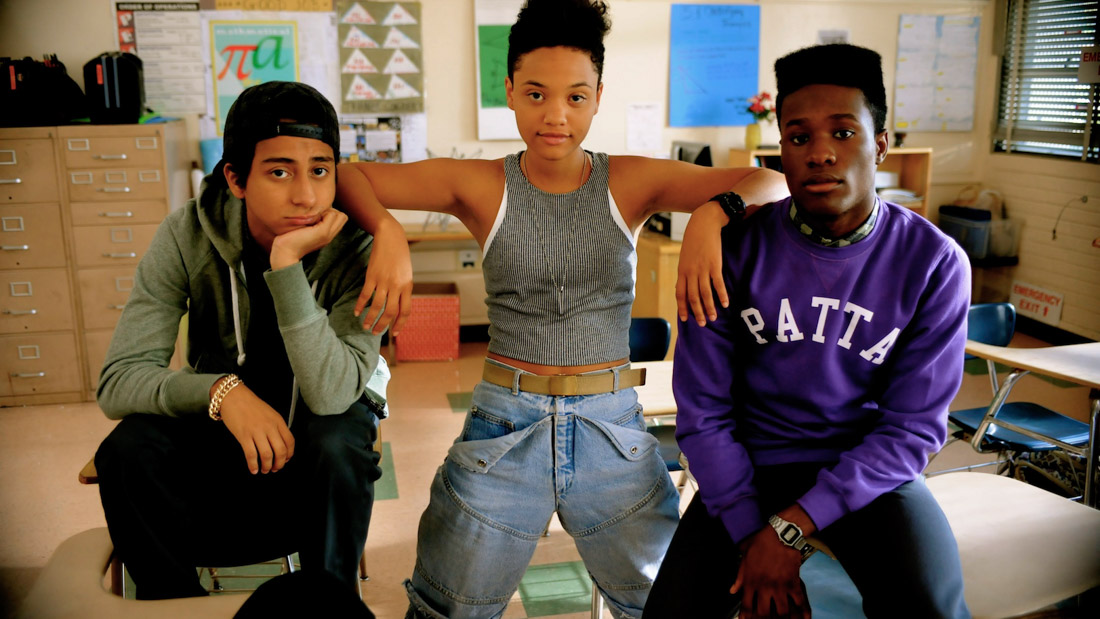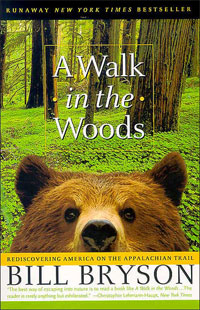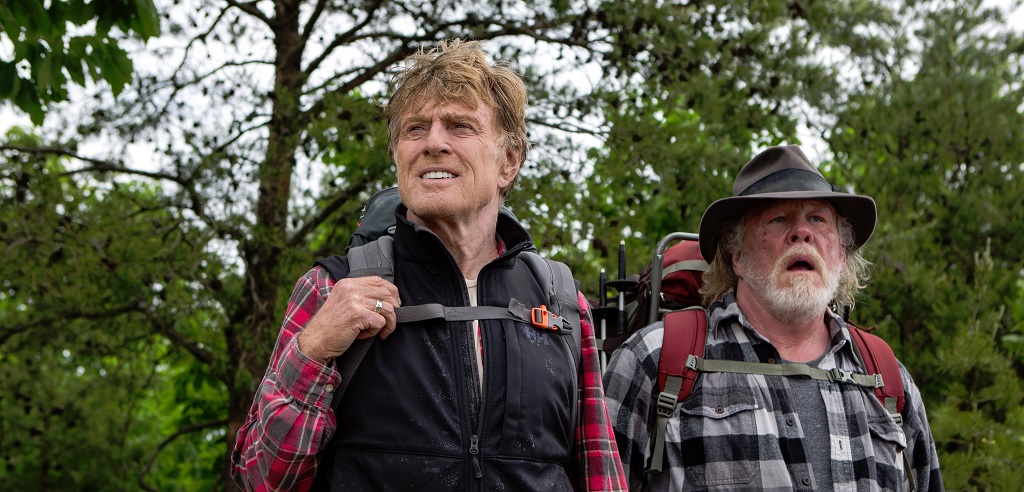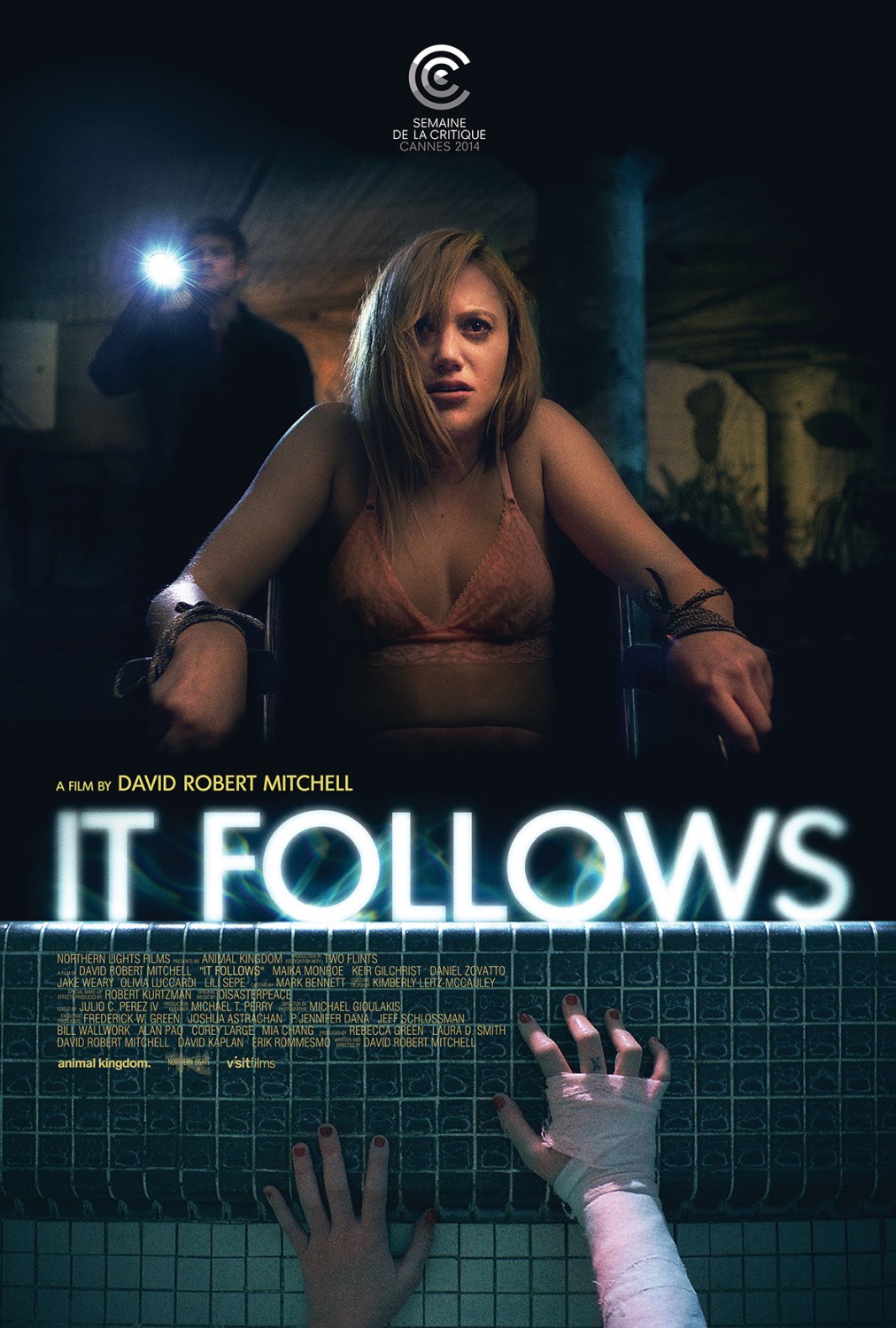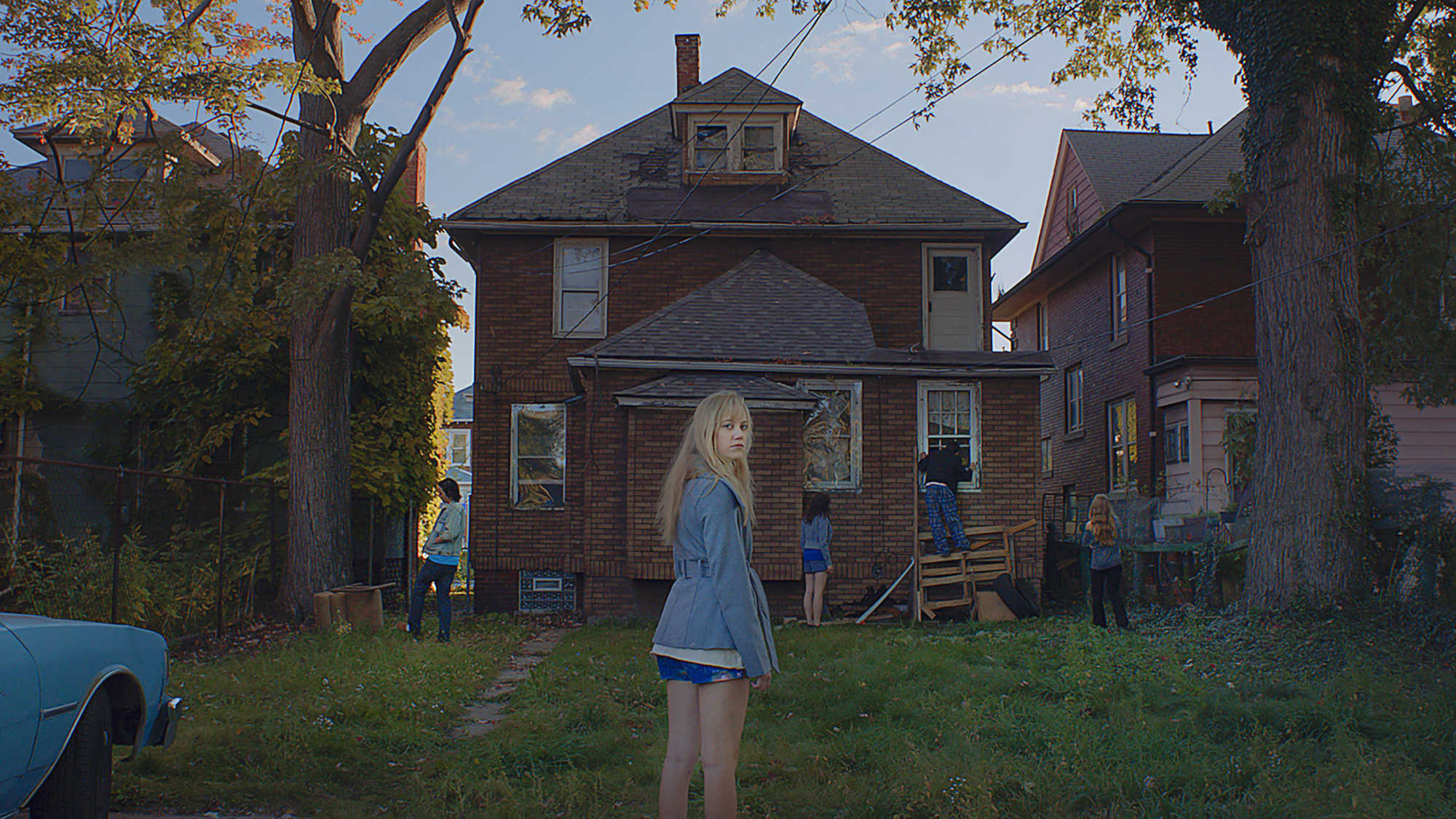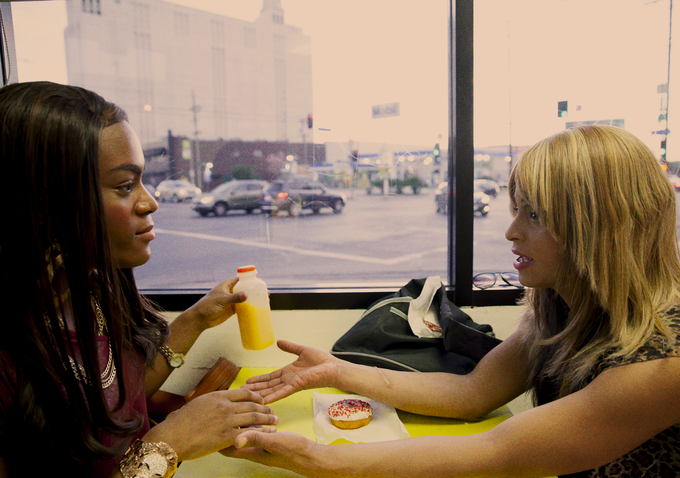Nathaniel reporting from Sundance with three quick takes

DOPE
The biggest sale at Sundance was this no-stars comedy about three geeky high school seniors who are obsessed with 90s hip hops (that's a character detail and joke factory -- not the plot). Malcolm (Shameik Moore joyfully charismatic in the lead role) a Straight A student who dreams of Harvard and his two best friends Jib (Tony Revolori - just as strong as he was in Grand Budapest Hotel) and Diggy (Kiersey Clemons from Transparent in her feature debut) live in "The Bottoms" an impoverished crime-ridden neighborhood. Malcolm gets mixed up with Dom (Rakim Mayers aka A$AP Rocky), a local dope dealer, and soon the three friends are on the run from cops, drug dealers, gang members and continually out of frying pans and into other fires. The film it most reminded me of is Go (1999) for its parade of memorable characters, smart fast comedy, and crime plot but this one is lighter. Dope has inarguably high energy and fresh laughs for the first hour but, like many comedies, it overstays its welcome as it wants to be taken more seriously in the second half (tightening the second hour before release would be of huge benefit). Regardless, those huge laughs, great racial politics jokes and its endearing central trio could well make it a sleeper smash. B/B+
Funny Coincidence: I saw this directly after The Diary of a Teenage Girl and both movies feature a shot of a horny teenage girl licking a photograph. In this case it's lesbian drummer Diggy licking the 2 Live Crew album cover. Ha!
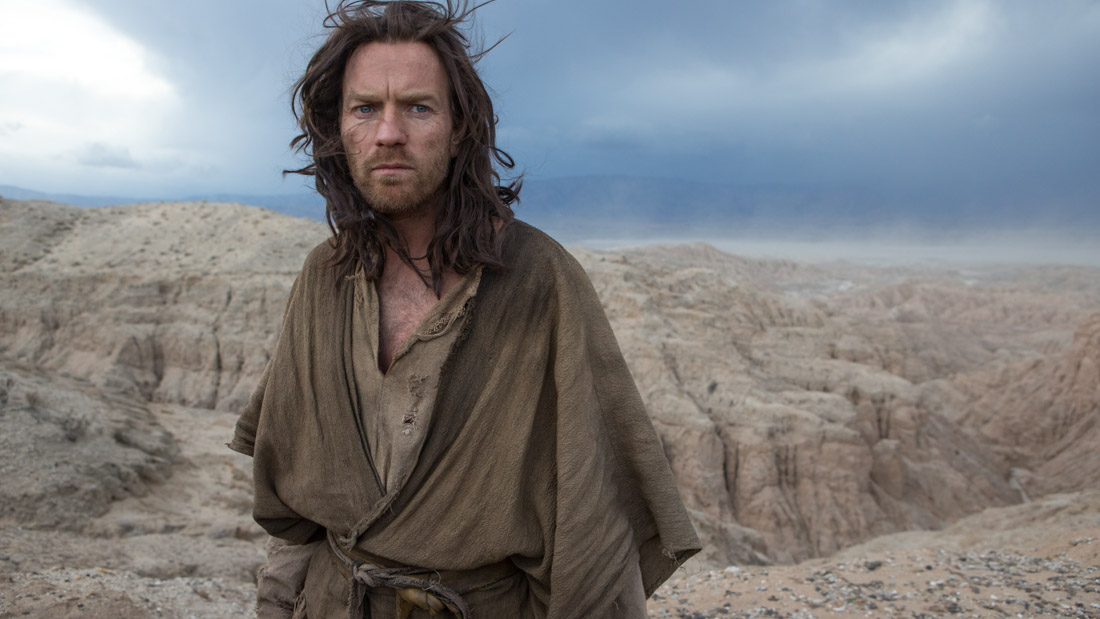
LAST DAYS IN THE DESERT
In this film, shot in natural light by that DP without peer Emmanuel Lubezki, Ewan McGregor plays Jesus near the end of his 40 day fast and desert wanderings. McGregor also plays the Devil which gives this film the entertaining kick it needs to survive lots of contemplative moments / scenes of Jesus just staring into and walking around the desert thinking about the shit that Sons of God think about.I liked the film's invention of a troubled family Jesus meets (Ciarin Hinds and Tye Sheridan as father/son -- though thankfully their dramatic parallels to Jesus and his "Daddy" as Satan hilariously calls God are not so neatly correlative as to be obnoxious.) Satan wears a beautiful dangly gold earring (I guess because vanity is evil? Or because they wanted to make fun of one earring wearers?) but otherwise he looks exactly like Jesus. The film is by Rodrigo Garcia, a director I've always wanted to love given his actressexuality -- though weirdly this film is almost entirely male -- but have never been able to because his films tend to be a bit sleepy. This one is smartly reined in at 98 minutes but it does feel a bit slight, exercize-ish, despite the heavy topic. B-/C+
Ewan McGregor revealed in the Q&A afterwards that he did a lot of studying to play Jesus (scriptures, books, etcetera) and none to play Satan ("the devil came naturally"). Hee!

NASTY BABY
Kristen Wiig just keeps on overachieving, doesn't she? After conquering comedy she keeps on impressing in dramatic roles, too. She's got a beautifully authentic rapport with writer/director/star Sebastian Silva (who is most famous for his Golden Globe nominated terrific Chilean film The Maid). Silva and Wiig play Freddy & Polly, best friends who'e been trying to get pregnant for months but it hasn't been working. They enlist Freddy's hesitant boyfriend Mo (Tunde Adebimpe in his first feature since 2008's Rachel Getting Married -- he was the guy Rachel married!) to do the sperm donor duty. Meanwhile a crazy neighbor keeps harassing everyone on the street and Freddy struggles to realize his art project "Nasty Baby" in which he wants to explore how disgusting babies of all kinds are by investigating their "gross cuteness" -- it gets a big laugh in context, trust -- and he plans to explore that by rolling around naked making baby sounds? It's a video installation, just go with it. It's all an ultra specific urban slice of life dramedy -- so ultra-specific in fact that I assume this will be a very hard sell for many. Making it even more difficult for potential audiences is the sharp left turn it takes into uncomfortably suspenseful territory toward the end. But despite what will surely be a hard road to find its natural fanbase, I admired it for being so wholly itself... or maybe its two selves. Or its three selves? The end credits are set to the cast doing roller disco for totally inexplicable but delightful effect. And the cast -- including the little seen Mark Margolis (who you'll recognize from Darren Aronofsky's movies) as a protective old gay in the neighborhood -- just felt wonderfully organic. B
 Sunday, February 1, 2015 at 10:30AM
Sunday, February 1, 2015 at 10:30AM 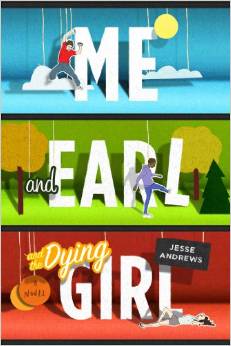 U.S. DRAMATIC
U.S. DRAMATIC